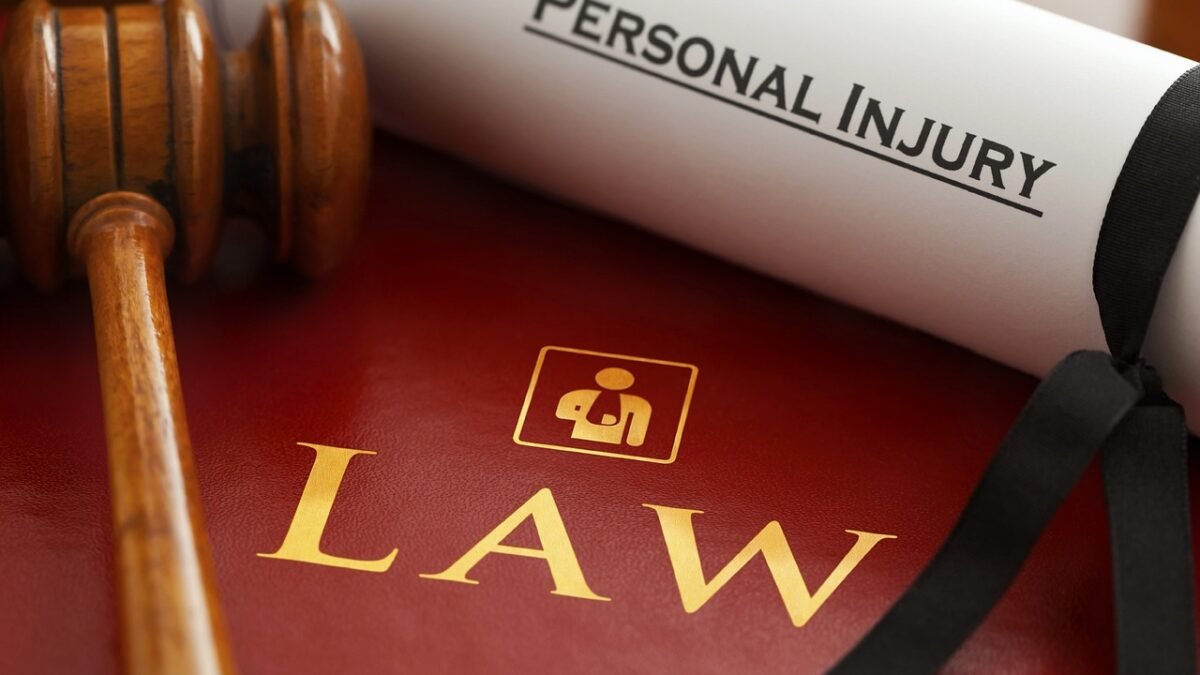
What to Know About Personal Injury Claims in Maryland
October 19, 2023
Car Accident Statistics in Maryland
October 21, 2023Do I have To Go To Court For My Personal Injury Case In Maryland?
Suffering a personal injury due to someone else’s negligence can have a profound impact on your life. If you find yourself in such a situation and are considering filing a personal injury lawsuit in Maryland, it’s essential to understand the legal process involved. This comprehensive guide will walk you through the key steps and provide valuable insights into what to expect during a personal injury trial in Maryland.
Step 1: Seek Legal Representation
The first and most crucial step in pursuing a personal injury lawsuit is to hire an experienced personal injury attorney. A qualified attorney will provide you with expert legal advice, represent your interests, and guide you through the complexities of Maryland personal injury law. Their expertise will prove invaluable in gathering evidence, investigating the accident, negotiating with insurance companies, and ensuring you receive fair compensation for your injuries.
Step 2: Filing the Lawsuit
Once you have retained a personal injury attorney, they will file a lawsuit on your behalf in the appropriate Maryland court. This involves preparing a complaint that outlines the details of your case, including the parties involved, the injuries sustained, and the damages sought. The defendant, typically the person or entity responsible for your injuries, will then be served with the lawsuit and given a specific period to respond.
Step 3: Discovery Phase
During the discovery phase, both parties exchange information and evidence relevant to the case. This includes documents, medical records, and witness testimonies. Depositions, which are sworn statements given under oath, may also be conducted. This phase allows each side to gather information, build their case, and assess the strength of the opposing party’s evidence.
Step 4: Settlement Negotiations or Mediation
Before proceeding to trial, there may be opportunities for settlement negotiations or mediation. Your personal injury attorney will assess any settlement offers and advise you on their fairness and adequacy. If an agreement cannot be reached, the case may proceed to trial. Mediation, a facilitated settlement conference, can also be pursued to explore alternatives to a trial.
Step 5: Trial
If your case goes to trial, a judge or jury will hear the evidence presented by both sides and make a decision based on the preponderance of evidence. Your personal injury attorney will present your case, including witnesses, experts, and other supporting evidence. The defendant’s attorney will do the same. The outcome of the trial will determine whether you receive compensation for your injuries and damages.
Step 6: Appeals
If either party is dissatisfied with the trial outcome, they may choose to appeal the decision to a higher court. The appeals process can be lengthy and complex, requiring the expertise of an appellate attorney. It involves reviewing the trial record, identifying potential errors or legal issues, and presenting arguments to convince the appellate court to overturn or modify the trial court’s decision.
Conclusion
Navigating a personal injury lawsuit in Maryland can be a challenging and time-consuming process. However, with the guidance and expertise of an experienced personal injury attorney, you can navigate each step with confidence. Remember to seek legal representation, understand your rights, and be patient throughout the process. By following these steps and working closely with your attorney, you can increase your chances of obtaining fair compensation for your injuries and damages.
If you have been injured due to someone else’s negligence, don’t hesitate to seek legal advice and take action. Contact Dubo Law to protect your rights and pursue the compensation you deserve.
Photo by Claimaccident onPixabay





